Britain & Ireland
What was it about industrialisation that led to the emergence of a woman’s movement in Victorian Britain? Why do we see so many people fighting for so many rights and liberties in this period and what are the origins of some of the issues we still campaign on today? This section includes our major series on Social and Political Change in the UK from 1800 to the present day. There are also articles and podcasts on the often violent relationship between England and Ireland during this period and England’s changing relationship with Scotland and Wales. Read more
Sort by:
Date (Newest first) | Title A-Z
Show:
All |
Articles |
Podcasts |
Multipage Articles
-
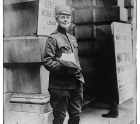
Real Lives: Flora Sandes
ArticleClick to view -
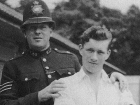
Real Lives: Harry Daley
ArticleClick to view -
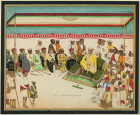
Real Lives: Maharaja’s German: Anthony Pohlmann in India
ArticleClick to view -

Real Lives: Maria Rye’s emigration home for destitute little girls
ArticleClick to view -

Real Lives: Mrs Annabel Dott (1868–1937)
ArticleClick to view -

Real Lives: Rebecca West
ArticleClick to view -
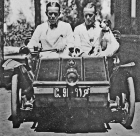
Real Lives: Robert and Thomas Gayer-Anderson
ArticleClick to view -
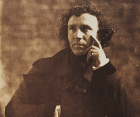
Real Lives: Who was Sir John Steell?
ArticleClick to view -
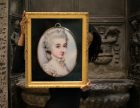
Recorded Webinar: Female slave-ownership in 18th and 19 century Britain
ArticleClick to view -

Recorded Webinar: Nineteenth-century crime and punishment
ArticleClick to view -

Recorded webinar: Queer beyond London
ArticleClick to view -
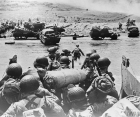
Recorded webinar: Untold Stories of D-Day
ArticleClick to view -

Recruiting volunteers to fight in the First World War
ArticleClick to view -
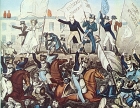
Remember Peterloo!
ArticleClick to view -

Remembering Neville Chamberlain
ArticleClick to view -

Roald Dahl and the Lost Campaign
ArticleClick to view -

Robert Branford: a faithful servant of Southwark
ArticleClick to view -
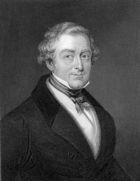
Robert Peel: Portraiture and political commemoration
ArticleClick to view -
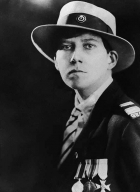
Rotha Lintorn-Orman: the making of a fascist leader
ArticleClick to view -
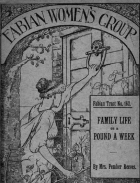
Round About A Pound A Week
ArticleClick to view

